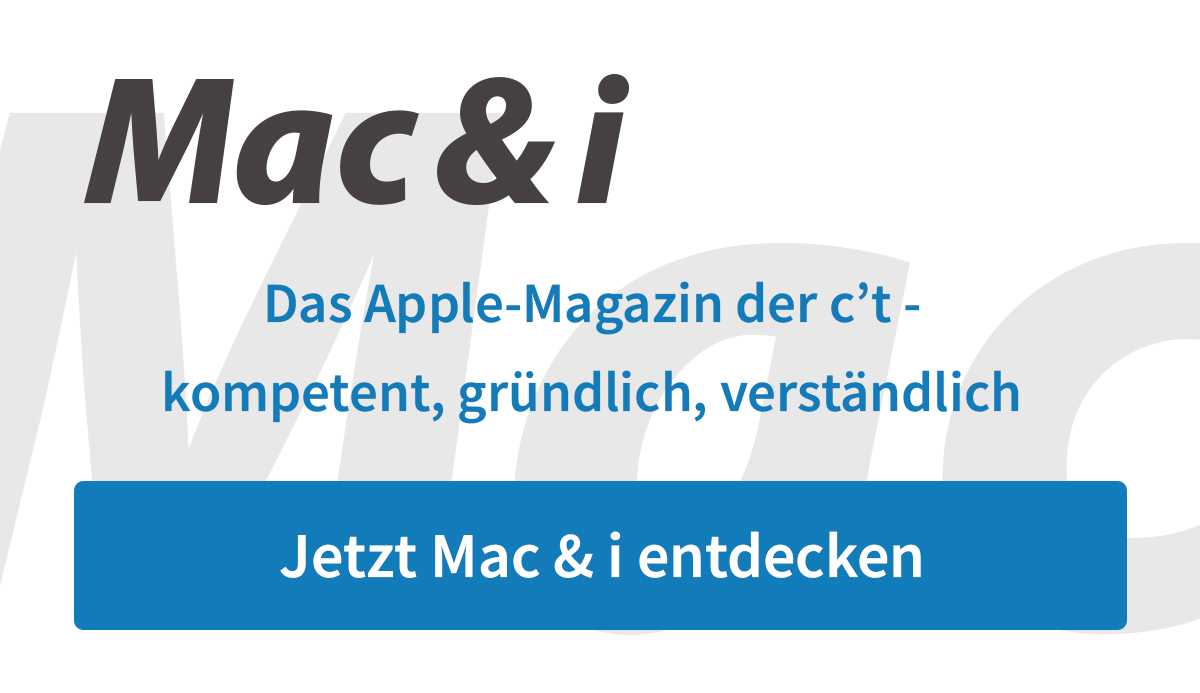iPhone with USB-C: Many users have been waiting for this for years. Now – according to numerous rumors – the time has finally come with the iPhone 15, which is expected in autumn. However, according to credible reports, Apple is planning to have the corresponding strips certified via the Made-for-iPhone program (MfI) – and only these should then be able to load or transfer data at full capacity. This is exactly what the EU Commission wants to prevent now: it has issued an explicit warning to Apple.
Don’t do it, Apple…
Restrictions in the interaction with chargers are not permitted, emphasized EU Industry Commissioner Thierry Breton in a letter from Brussels that is available to the dpa. The EU directive for uniform chargers is scheduled to take effect on December 28, 2024, although Apple will probably implement it earlier, despite much lamentation. The group currently only uses the proprietary Lightning standard for the iPhone and some accessory products. With the iPad, he recently succeeded in switching to USB-C.
Breton’s warning was based on media reports that Apple is considering using an authentication chip to restrict charging or data transfer via accessories without Apple certification. “Devices that do not meet the requirements for the common charger will not be allowed on the EU market,” writes Breton. The Commission also reminded Apple of this at a meeting in mid-March.
Guide coming from Brussels
By the third quarter of this year, the Brussels authority now wants to publish a guide to ensure a “uniform interpretation of the legislation”. The chairwoman of the internal market committee of the EU Parliament, Green politician Anna Cavazzini, accused Apple in advance of wanting to “evade EU rules”.
So far, Apple has not commented on the reports. There was initially no comment on Breton’s letter either. So far, Apple has used its MfI for Lightning products, which also earns license fees for the group. He stresses to customers that uncertified products will not perform as required and could even damage equipment. According to previous rumours, Apple wants to extend this to USB-C cables for the iPhone. Technically, that would not be a problem: the strips would be compatible with USB-C, but have additional authentication chips that only work with Apple devices and then release certain features there. Currently, the Lightning cables only transmit at USB 2.0 speeds, even with high-performance iPhones. This could remain the case with “simple” USB-C cables, while Apple could then speed up its own products. But that is exactly what the EU Commission wants to prevent.

(bsc)

